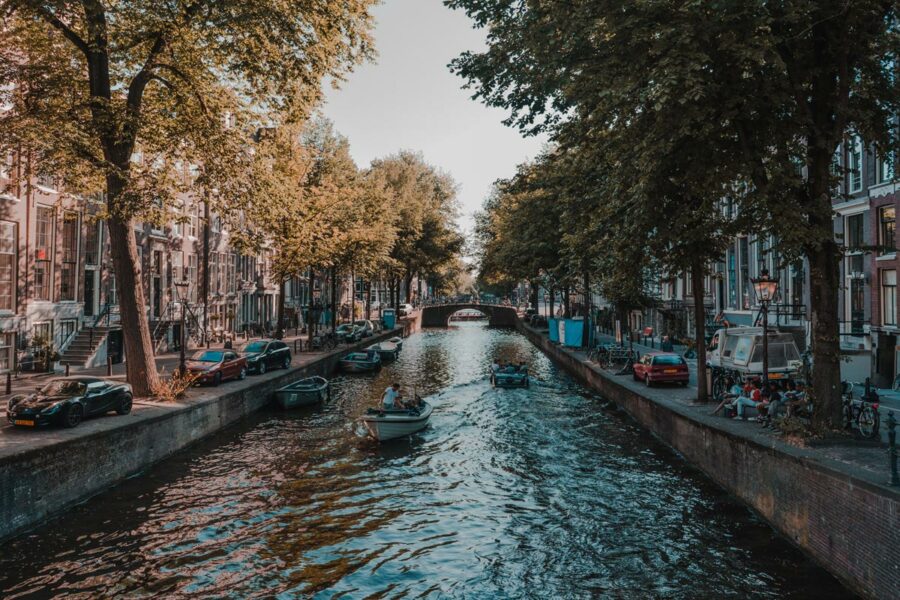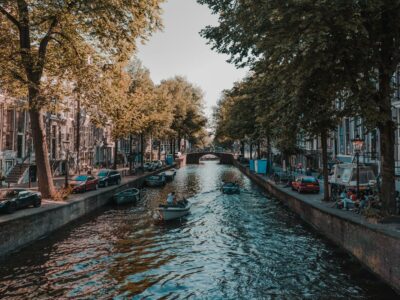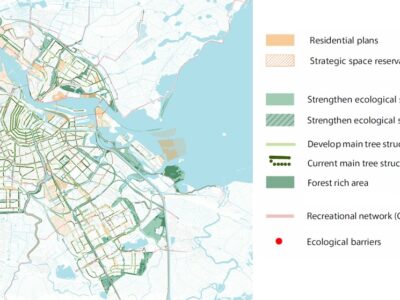Amsterdam has created a vision for further greening the city, using different strategies, including greening old central neighborhoods, enhancing the city’s green network, and increasing the quantity and quality of public parks. In collaboration with an urban design firm and the RIVM these strategies have been converted to scenarios, to spatially and quantitatively assess their impacts on future ecosystem service supply. This study has made use of the Dutch Natural Capital Model.
This study provided the Municipality of Amsterdam input for further design, (internal) communication, and implementation of their Green Quality Impulse strategy.
The scenarios were made in: 2018
The scenarios look out to: 2025


